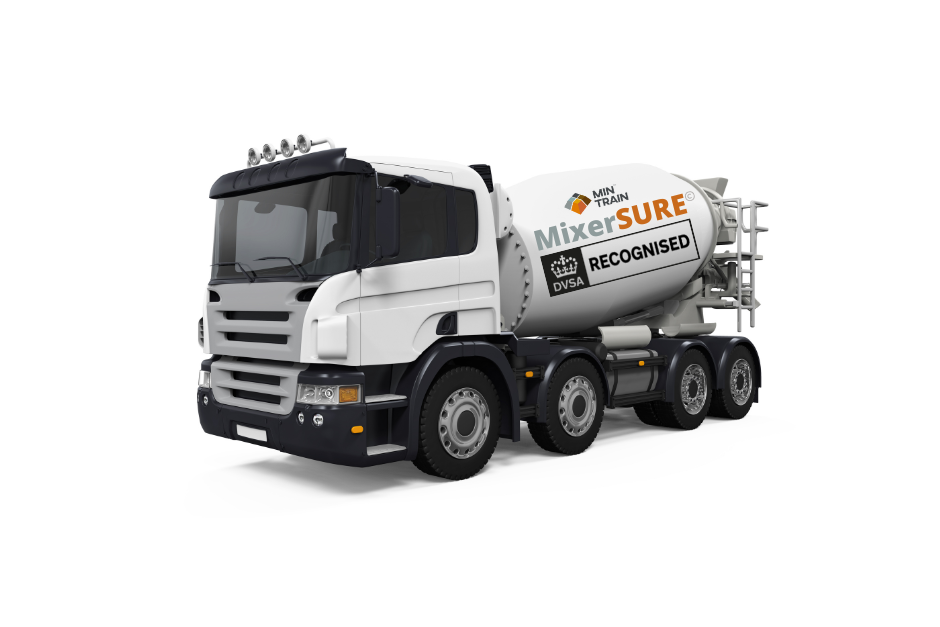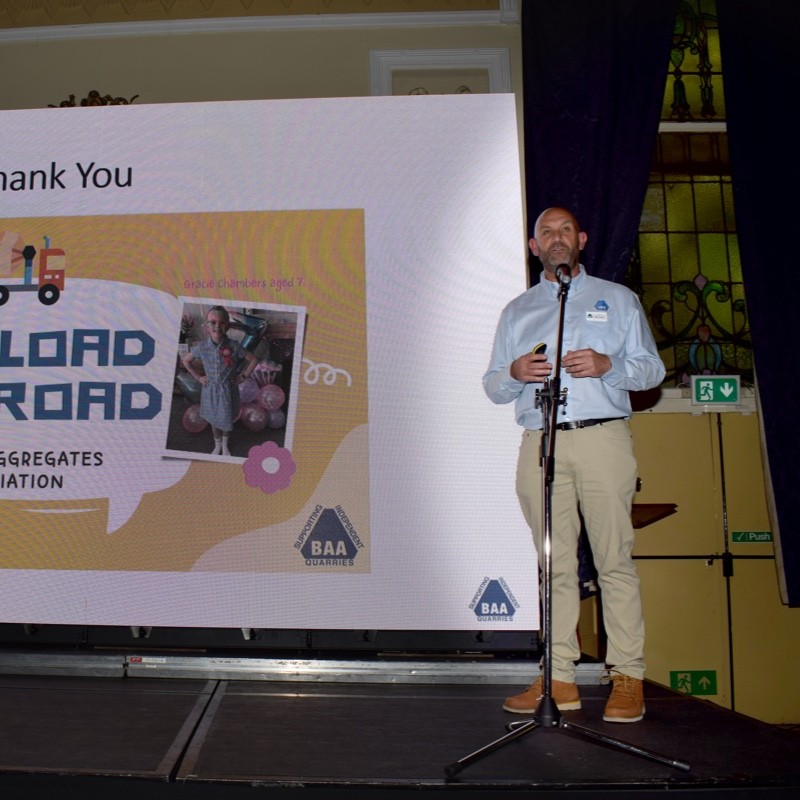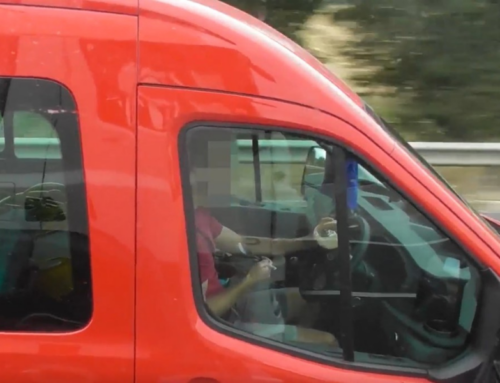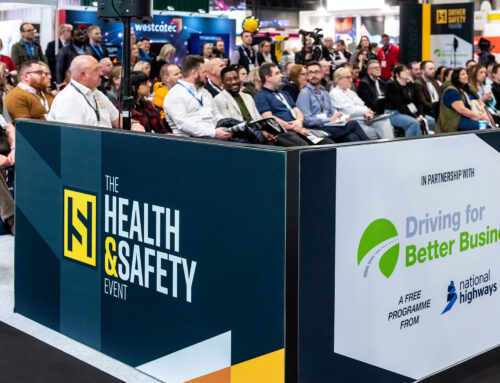Our guest article this week is from Mark Cowan MILT MARRM, Director of Transport, Logistics & Concrete at the British Aggregates Association and Director at MinTrain™
British Aggregates Association are a partner of the Driving for Better Business Programme and share our ambition to bring about a radical change in how organisations think about work-related road risk. They share our resources, including the National Highways Van Driver Toolkit with their members, aiming to help driver managers improve the levels of compliance for all those who drive or ride for work, by demonstrating the significant business benefits of managing work-related road risk more effectively.
Driver competence – on the agenda
Driver competence across the aggregates, ready-mix concrete and construction logistics sectors is a challenge – the industry has historically relied on a card scheme that doesn’t demonstrate competence at all.
It’s long been accepted that holding an HGV licence and an entry-level H&S course is the basis for competence measures – however, vehicle incidents continue to rise, and there is more that can be done if we want to reduce those figures and encourage better management of road risk.
When we look specifically at the aggregates sector we continue to see stories of tippers going over, mixer rollovers, VRU fatalities, falls from heights, reversing incidents, problems with load security – the list goes on. Clearly, we need to ensure that the minimum requirement, governed by law, is that drivers are trained and competent in the vehicles they drive and operate.
More drivers required – more training needed
The construction sector’s continuing demand for the products supplied by the aggregates industry requires an increase in drivers. Without the necessary training and support, it follows then that incidents will continue to rise. This is no longer a ‘driver issue’; in my opinion, the industry needs standardisation of driver competence, to avoid further incidents.
Making our roads safer has been a focus for our sector for several years, adopting schemes like FORS and reducing the number of VRU incidents and fatalities involving construction vehicles. For everything that has been mandated through these schemes, there is still a need for improved competence, not just for drivers, but across the supply chain.
Driver competence typically looks at knowledge, skills for putting this knowledge into practice, and behavioural traits to determine whether the skills and knowledge are being used daily.
These three critical factors need to be measured, so introducing a competence assessment will address the problems before and not after the event.
Road Safety is as important as health & safety on site
Research indicates that 85% of commercial vehicle accidents result from poor behaviours. These behaviours can only be assessed in a working environment, not in a classroom or webinar, to really understand where strengths and weaknesses lie, what areas need training or development, and when an upskilling intervention is needed.
CLOCS (Construction Logistics and Community Scheme) looks at addressing the safety imbalance in the construction industry, with the view that road safety is equally as important as health and safety on site.
The supply chain requires everyone to play their part in improving road safety. We can do that by introducing standards that exceed anything previously available, which is the message we are working to reinforce.
Ensuring that drivers have the knowledge, skills, and attitude required to recognise, assess, manage and reduce the risks that their vehicle poses – not only to the drivers themselves but to everyone who uses the roads – should be part of every company ethos across the combined sectors.That’s why we were delighted recently to be able to get our MixerSURE© training and assessments accredited by DVSA (Driver and Vehicle Standards Agency). This sits nicely alongside the current accreditations available from awarding body EMPI Awards and CLOCS (Construction Logistics and Community Scheme)
Our aim is to raise the bar and deliver what is critical for safe, professional driving across our sector. Alongside the resources available from stakeholders in the road safety sector for those who drive and use commercial vehicles for work, such as the Driving for Better Business Programme, we are proud to be flying the flag for reducing road risk and making our roads safer for everyone.






